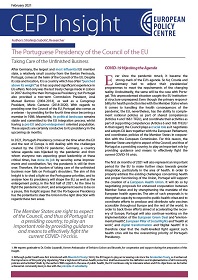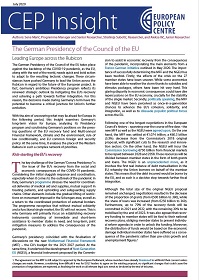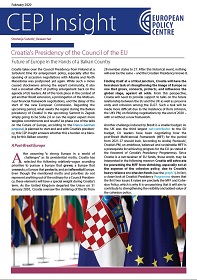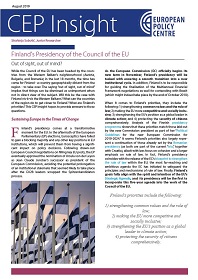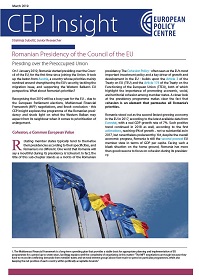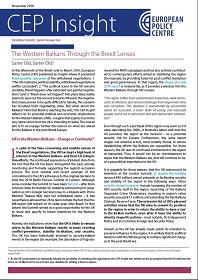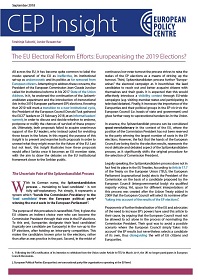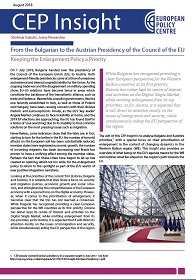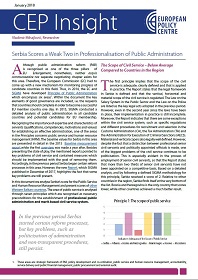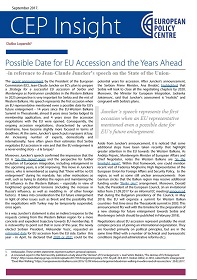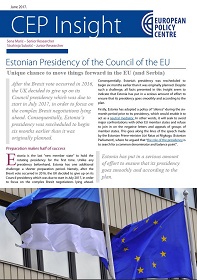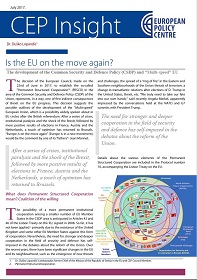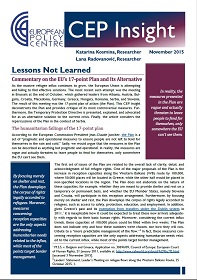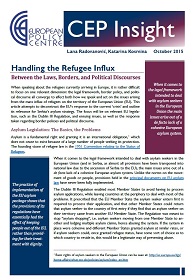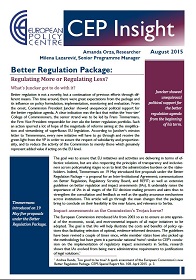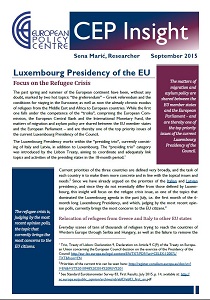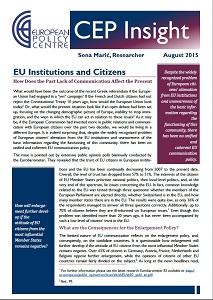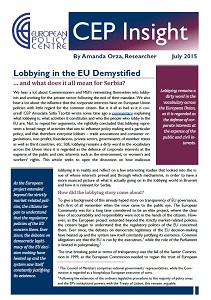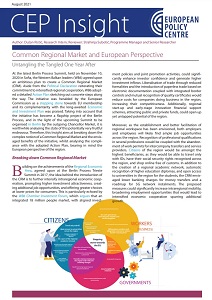
Common Regional Market and European Perspective
Common Regional Market and European Perspective
Keywords: Western Balkans development;
At the latest Berlin Process Summit, held on November 10, 2020 in Sofia, the Western Balkan leaders (WB6) agreed upon an ambitious plan to create a Common Regional Market (CRM). Aside from the Political Declaration reiterating their commitment to intensified regional cooperation, WB6 adopted a detailed Action Plan sketching out concrete steps along the way. The initiative was heralded by the European Commission as a stepping stone towards EU membershipand its complementarity with the long-awaited Economic and Investment Plan was praised. Taking into account that the initiative has become a flagship project of the Berlin Process, and in the light of the upcoming Summit to be organised in Berlin by the outgoing Chancellor Merkel, it is worthwhile analysing the state of this potentially very fruitful endeavour. Therefore, this Insight aims at breaking down the complex notion of a Common Regional Market and the envisaged benefits of the initiative, whilst analysing the compliance with the adopted Action Plan, bearing in mind the European perspective of the region.
More...
